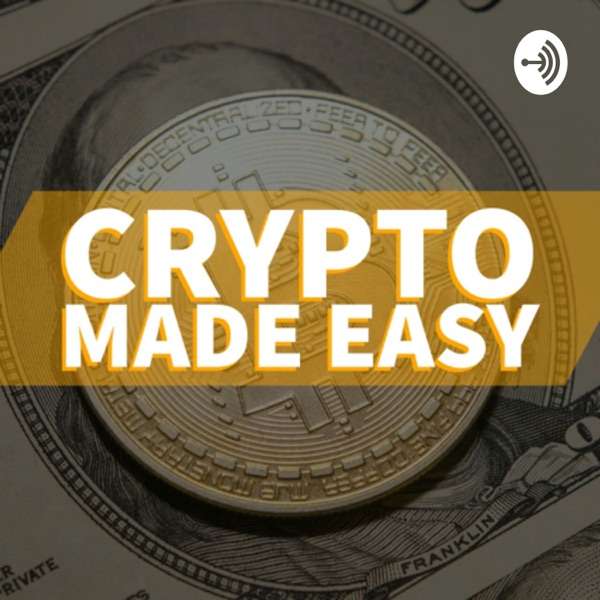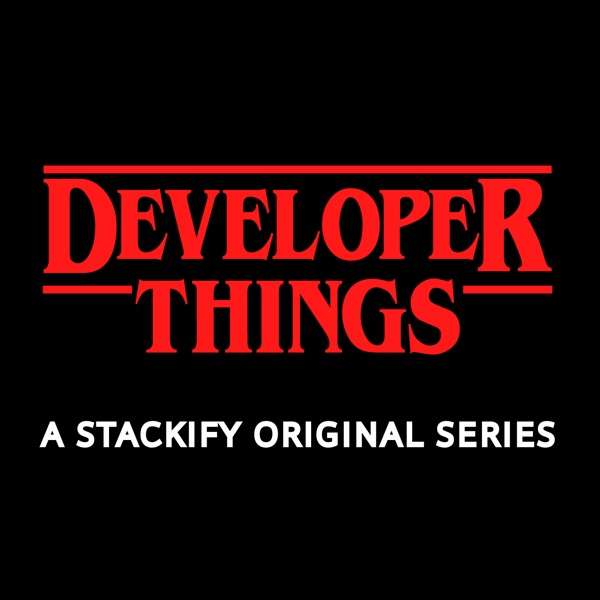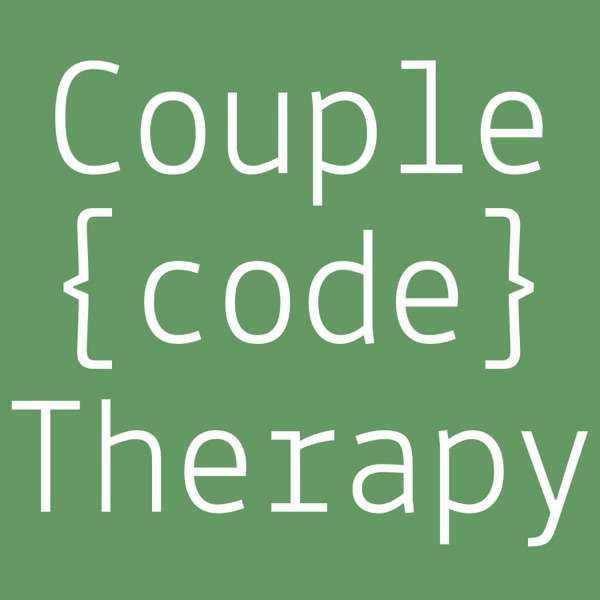CW: There is some brief discussion of abusive familial relationships at several points within this episode.
Two titanic figures in contemporary theory join us for two separate and strongly divergent episodes on the status of revolutionary thought in political philosophy today.
Timothy Morton is one of the most outspoken and controversial voices in the discourse, someone whose impact punched hard into the artworld, defining a decade of new ecological and object-oriented aesthetics. For almost the entire 2010s and much of the 2020s it was hard to read a single exhibition text without recognizing Morton’s impact.
Timothy joins us for an expansive conversation that moves through Buddhism, Christianity, communism, trauma, poetry, and the question of whether “love your neighbor as yourself” might actually be a planetary-scale software instruction. Morton describes communism and Christianity as radically entangled modes of relation, both grounded in care and unknowing.
We strongly recommend:
- Most people should already be familiar with Morton's most iconic concept and contribution: Hyperobjects
- Timothy’s book Ecology Without Nature
- Their more recent Hell: In Search of a Christian Ecology
- And we spend a lot of time talking about Spacecraft
In the episode, we also touch on the work of Fredric Jameson, Terry Eagleton, Thomas Merton, Raymond Williams, and Simone Weil.

 Our TOPPODCAST Picks
Our TOPPODCAST Picks  Stay Connected
Stay Connected







